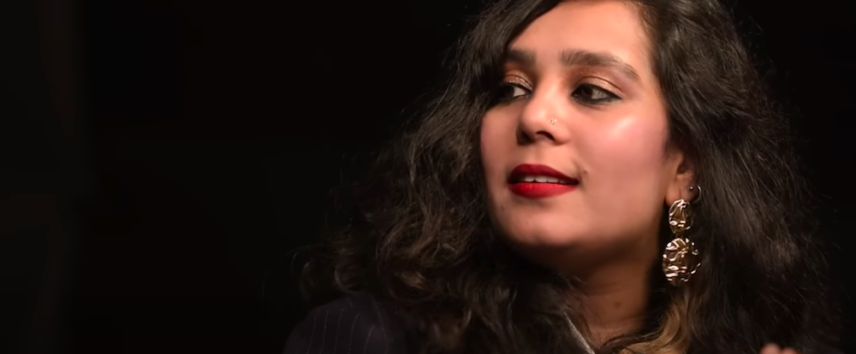


Yashica Dutt had to be on her guard all the time, because she didn’t want to face the discrimination she knew she would be subject to if she was “found out”. This is something most people choose to ignore, because they have privilege to do so. While we who are of the privileged castes tend to dismiss the existence and/ or relevance of caste in the English speaking middle class world, Yashica Dutt gives several examples of times when she was asked her caste in unambiguous terms, and was forced to give evasive answers to escape being found out. While there is some merit in the statement, the fact still remains that Yashica Dutt had to deal with the mental trauma of having to be on her guard all the time so her caste would remain hidden. A critic would argue that those struggles are common to every family which doesn’t have a reliable income, and yet doesn’t want to compromise on the education of their children. Her drive and her mother’s ambition ensured she got admission into St. Yashica Dutt was always conscious of the weight of expectations on her, and she ensured she was the best in everything she took on. Having to be on guard all the time to hide her caste The family often did without basics, but their education was never compromised.

Her mother was obsessed with just two things- keeping up appearances so nobody would suspect they were anything but upper caste, and ensuring that each of her three children got the best possible education. Yashica Dutt was born into a family that prioritised an English medium education, and saw that as a way to escape into relative prosperity. Coming out as Dalit is part memoir, part a snapshot of what it means to be Dalit in India, and of the different kinds of oppression that a Dalit endures. It was against this backdrop that a Dalit post-graduate student was forced to confront the fact that she had tried to “pass” as upper caste all her life, and to decide if she wanted to continue to do so. People who chose to ignore how Dalits were discriminated against in educational institutions were forced to confront reality. Rohit Vemula called his life a “fatal accident”, but his death shook up the nation. In every field, in studies, in streets, in politics, and in dying and living”, wrote a doctoral scholar in his final letter. As a glorious thing made up of star dust.

“The value of a man was reduced to his immediate identity and nearest possibility.


 0 kommentar(er)
0 kommentar(er)
